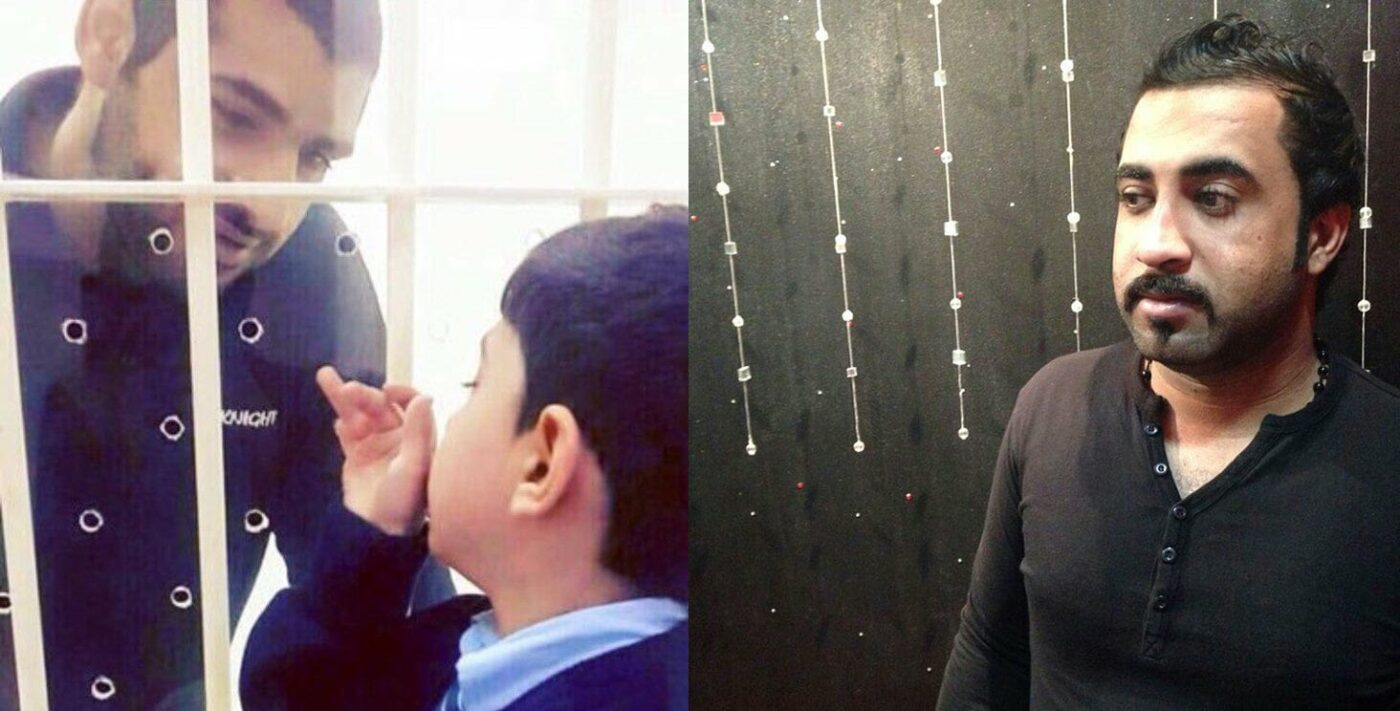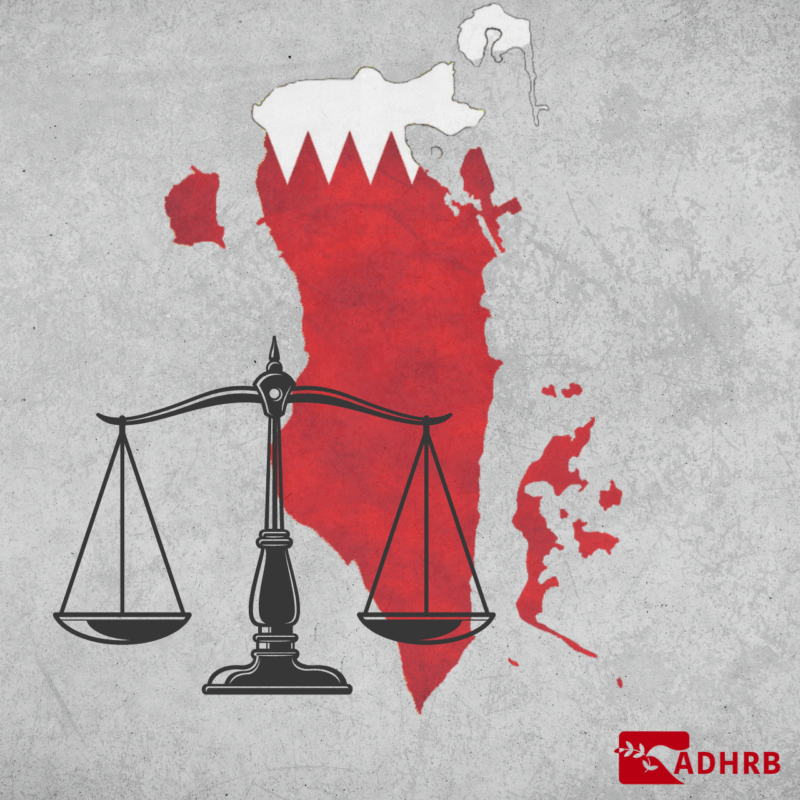Background Information In October 2013, Americans for Democracy & Human Rights in Bahrain (ADHRB) began a program to help raise awareness for cases of individuals who have been victims of human rights abuses in Bahrain or the broader Gulf region. Through this program, ADHRB is able to complain on behalf of the individual victims to[…]
Since the beginning of the Israeli aggression on Gaza, many demonstrations have taken to the streets of Bahrain in protest. Minors participating in said demonstrations were not spared from the arbitrary mass arrests of protestors. Despite supposed clemency from the ruling family of Bahrain in the form of an official pardon, many minors are kept[…]
Three United Nations (UN) Special Rapporteurs have published on their website the allegation letter sent to the Government of Bahrain on 12 August 2024, addressing deteriorating conditions faced by political prisoners in Bahrain’s Jau Prison. This communication highlighted the prisoners’ deprivations of water, electricity, medical care, restricted movement, solitary confinement, isolation, and denial of family[…]
Introduction Mohammed Ramadan and Hussain Moosa are two Bahraini citizens who became internationally known due to their controversial legal cases in Bahrain. Both men were arrested in February 2014 and subsequently sentenced to death, sparking widespread criticism from human rights organisations worldwide. The circumstances surrounding their arrests, interrogations, and trials have been widely condemned, particularly[…]
On 8 April 2024, a royal decree was issued pardoning 1,584 prisoners, including several political prisoners. At first glance, the decree was considered a progressive reform in response to human rights demands aimed at improving the country’s dire rights situation. However, the step was incomplete, revealing that it was merely a means for the regime[…]








